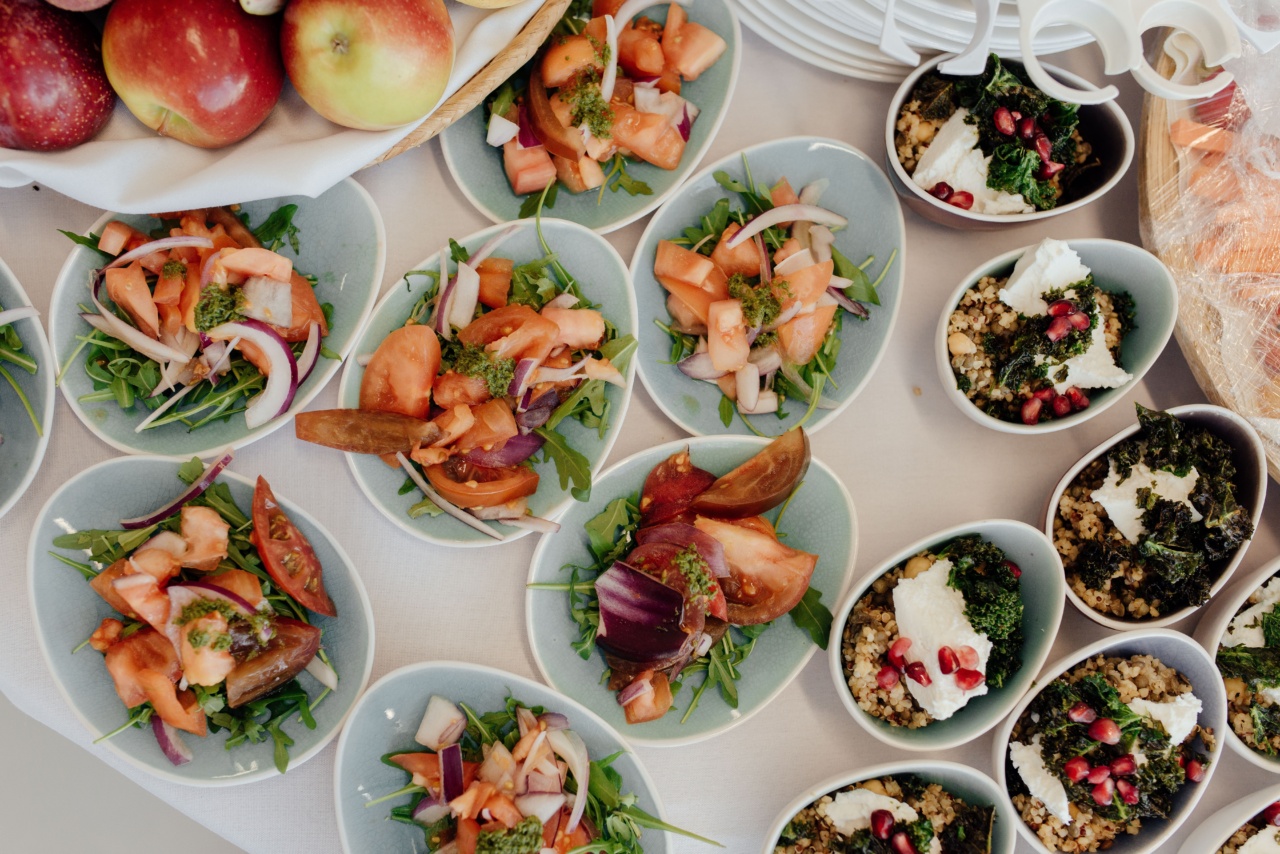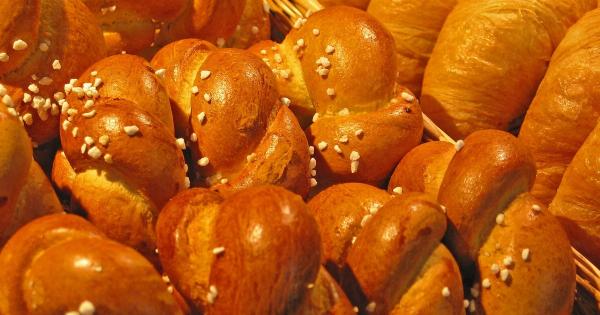When it comes to diet and nutrition, there is a lot of information out there. Unfortunately, not all of it is accurate. Many of us have misconceptions about what is and isn’t healthy when it comes to food.
Here are five common diet misconceptions that you can debunk at your next buffet:.
Myth #1: Carbs are the Enemy
Carbohydrates have gotten a bad reputation in recent years. Many people believe that if they want to lose weight, they need to cut carbs from their diet entirely. However, this is not the case.
Carbs provide our bodies with energy, and they are an essential part of a healthy diet. The key is to choose the right kinds of carbs. Whole grains, fruits, and vegetables are all excellent sources of carbohydrates that will provide lasting energy without causing unhealthy spikes in blood sugar levels.
Avoid refined carbs like white bread and pasta, as these can cause blood sugar imbalances and weight gain.
Myth #2: Fat Makes You Fat
Another common misconception is that eating fat will make you fat. The truth is that our bodies need fat to function properly. Fat helps to insulate our organs, protect our nerves, and regulate our hormones.
Additionally, eating healthy fats can actually help you to feel full and satisfied, which can lead to eating less overall. The key is to choose healthy fats like those found in nuts, seeds, fatty fish, and avocados, and avoid unhealthy trans and saturated fats found in processed and fried foods.
Myth #3: Avoiding Gluten is Always Healthy
Many people avoid gluten these days, either because they have celiac disease or gluten intolerance or because they believe that gluten is inherently unhealthy. However, this is not necessarily the case.
For those with celiac disease or gluten intolerance, avoiding gluten is essential. However, for those without these conditions, avoiding gluten may not provide any health benefits. In fact, some gluten-free products are actually less healthy than their gluten-containing counterparts.
Gluten-free products often contain more sugar, salt, and fat to compensate for the lack of gluten.
Myth #4: Eating Late at Night Causes Weight Gain
Another common myth is that eating late at night will cause weight gain. However, the truth is that it doesn’t matter when you eat; it matters how much you eat.
If you eat too many calories throughout the day, you will gain weight, regardless of when you eat them. Of course, if you eat a large meal right before bed, you may not sleep as well, which can lead to overeating the next day. However, this has more to do with sleep quality than with the time at which you eat.
Myth #5: Organic is Always Better
Finally, many people believe that organic food is always better than conventionally grown food.
While organic food does have some advantages, such as being free from synthetic pesticides and fertilizers, it is not necessarily healthier than conventionally grown food. The most important thing is to eat a variety of fruits, vegetables, whole grains, and lean proteins, regardless of whether they are organic or not.
The Bottom Line
While it’s important to stay informed about nutrition and make healthy choices, it’s also important to be critical of the information that we receive.
Question commonly held beliefs and do your own research to find out what’s true and what’s not. By doing so, you can make informed decisions about what to eat and feel confident in your food choices.




























